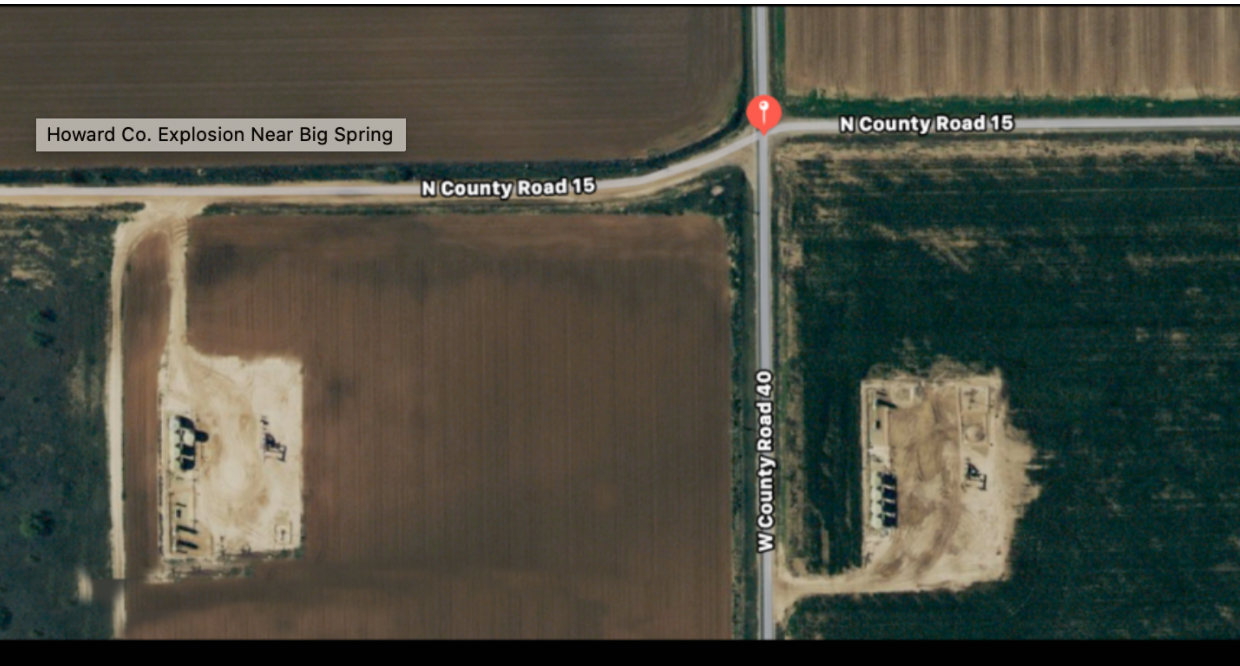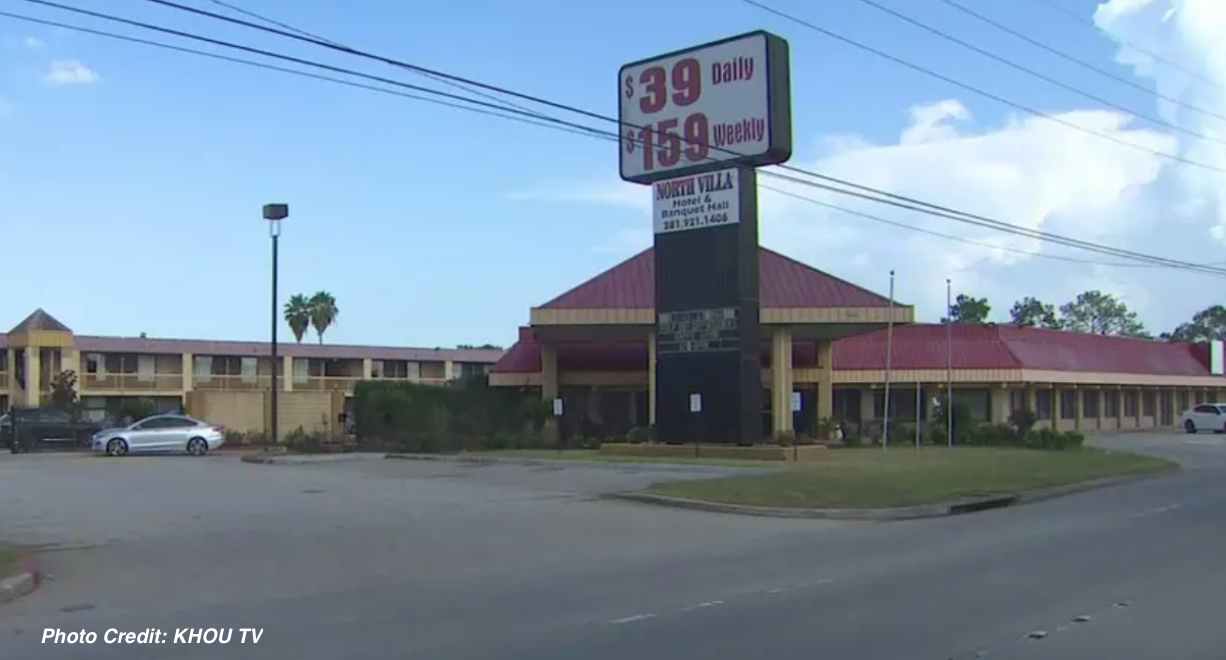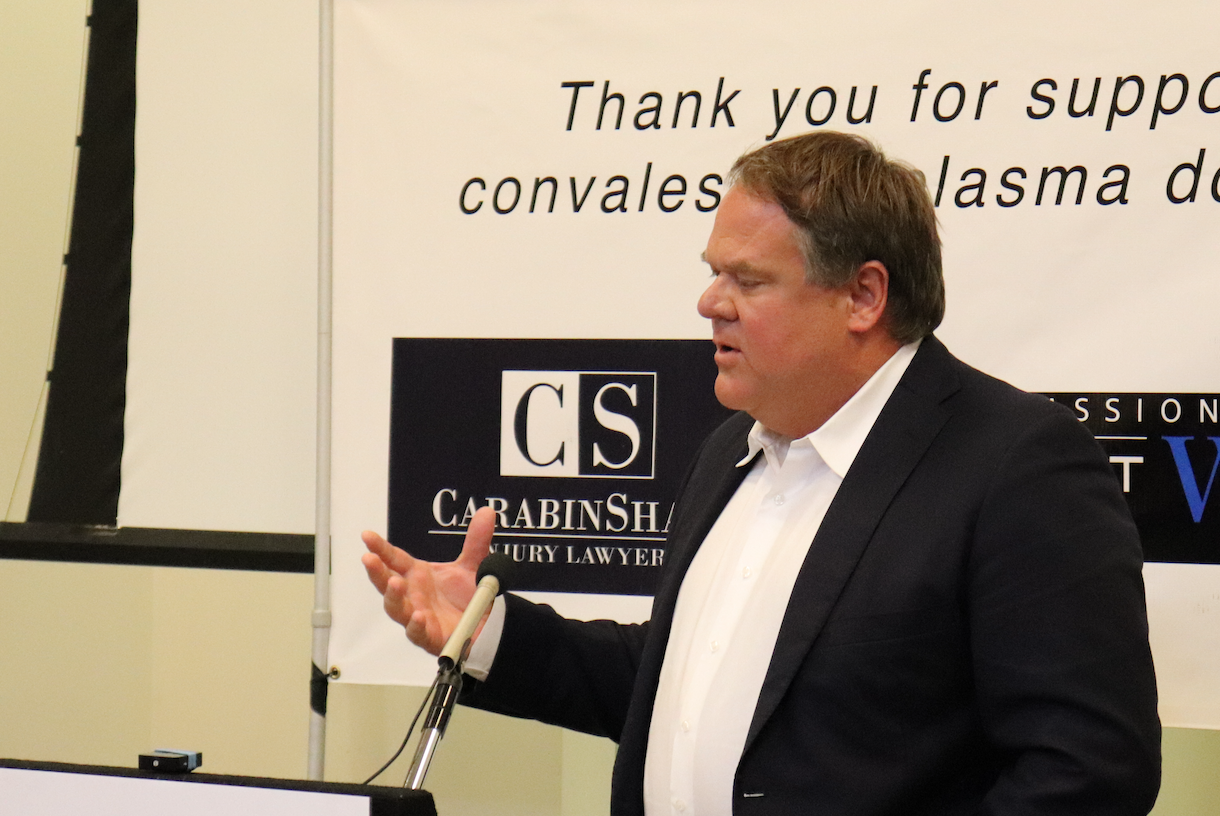 Many people prefer motorcycles to cars because of the freedom associated with whizzing down the road. In addition to making your daily commute potentially easier and more fun, motorcycles can also offer an increased sense of mobility. However, a certain degree of risk comes with operating a motorcycle – without the steel exterior of a car to protect you on the road, you may be more at risk in the event of a serious accident. When an accident happens unexpectedly, especially if you are riding a motorcycle, the consequences may be drastic.
Many people prefer motorcycles to cars because of the freedom associated with whizzing down the road. In addition to making your daily commute potentially easier and more fun, motorcycles can also offer an increased sense of mobility. However, a certain degree of risk comes with operating a motorcycle – without the steel exterior of a car to protect you on the road, you may be more at risk in the event of a serious accident. When an accident happens unexpectedly, especially if you are riding a motorcycle, the consequences may be drastic.
In a recent news article, local Texas authorities reported that two motorcycle riders were killed in an early morning hit-and-run accident. One of the motorcyclists was a local high school student. Police are still currently investigating the details of the collision and have identified an individual who is suspected to have been involved in the crash.
In Texas, accidents involving motorcycle hit-and-runs can often be complex. Following a hit-and-run accident, it is important to obtain the necessary medical attention. Next, documenting the scene is a crucial step in identifying the person who caused the accident and fled the scene. Taking photographs, writing down everything that you can remember from the accident, and searching for potential witnesses or traffic camera footage could strengthen your claim. If the at-fault party is identified, potential plaintiffs should file their claim as soon as possible because of the two-year statute of limitations in Texas motorcycle accident cases.
 Texas Injury Lawyers Blog
Texas Injury Lawyers Blog








 Everyone has heard a friend or loved one jokingly claim that everyone forgets how to drive when it rains. However, inclement weather or slippery and wet conditions can be a major danger to motorists, especially if there are many cars on the road. Every driver knows that when weather conditions are poor, driving with extra caution is crucial to ensuring your safety and the safety of others. Unfortunately, even with the utmost of caution, sometimes accidents inevitably happen.
Everyone has heard a friend or loved one jokingly claim that everyone forgets how to drive when it rains. However, inclement weather or slippery and wet conditions can be a major danger to motorists, especially if there are many cars on the road. Every driver knows that when weather conditions are poor, driving with extra caution is crucial to ensuring your safety and the safety of others. Unfortunately, even with the utmost of caution, sometimes accidents inevitably happen. For many, a car serves as the primary method of transportation on a daily basis. However, no matter how careful someone is while on the road or how skilled they are at driving, other motorists who do not follow the traffic laws pose a significant threat. When others are careless and cause accidents or even fatalities to occur on the road, those who are responsible can be held accountable for their actions through a Texas personal injury lawsuit.
For many, a car serves as the primary method of transportation on a daily basis. However, no matter how careful someone is while on the road or how skilled they are at driving, other motorists who do not follow the traffic laws pose a significant threat. When others are careless and cause accidents or even fatalities to occur on the road, those who are responsible can be held accountable for their actions through a Texas personal injury lawsuit. Thursday, Sept. 3, 2020: BIG SPRING, TX – Multiple crews responded to the report of an explosion in Howard County on Thursday afternoon.
Thursday, Sept. 3, 2020: BIG SPRING, TX – Multiple crews responded to the report of an explosion in Howard County on Thursday afternoon.


 We’ve all been distracted while driving at some point while navigating our vehicles. Whether it’s exhaustion from a full day of work causing you to doze off or an urgent phone call out of nowhere from the office, we’ve all had a moment where we’ve zoned out while driving. However, not everyone is fortunate enough to emerge from these situations safe and sound. Often, accidents occur as a result of drifting off or distracted driving, and can have enormous, disastrous impacts. When such accidents occur and tragedy strikes, those who cause them can be held responsible for their actions.
We’ve all been distracted while driving at some point while navigating our vehicles. Whether it’s exhaustion from a full day of work causing you to doze off or an urgent phone call out of nowhere from the office, we’ve all had a moment where we’ve zoned out while driving. However, not everyone is fortunate enough to emerge from these situations safe and sound. Often, accidents occur as a result of drifting off or distracted driving, and can have enormous, disastrous impacts. When such accidents occur and tragedy strikes, those who cause them can be held responsible for their actions. Following the initial COVID-19 outbreak in the United States earlier this year, thousands of Americans flooded stores in search of hand sanitizer and other cleaning supplies. Many stores were completely wiped out from the start of the pandemic of such supplies and have taken several months to restock these products because of demand. In preparation for the uncertainty associated with the pandemic, many Texans purchased large quantities of these products. However, recent FDA recalls indicate that some of these sanitizing products may be causing members of our community to become ill. These recalls may be the basis for a Texas product liability claim.
Following the initial COVID-19 outbreak in the United States earlier this year, thousands of Americans flooded stores in search of hand sanitizer and other cleaning supplies. Many stores were completely wiped out from the start of the pandemic of such supplies and have taken several months to restock these products because of demand. In preparation for the uncertainty associated with the pandemic, many Texans purchased large quantities of these products. However, recent FDA recalls indicate that some of these sanitizing products may be causing members of our community to become ill. These recalls may be the basis for a Texas product liability claim. SAN ANTONIO
SAN ANTONIO Convalescent plasma contains antibodies to the virus that causes COVID-19 and may provide passive immunity to certain patients with severe forms of the illness. The plasma is used to treat patients with active infections, and it is one of the few treatments available for COVID-19. STBTC is the only organization in this area collecting convalescent plasma that can be transfused directly to patients with COVID-19.
Convalescent plasma contains antibodies to the virus that causes COVID-19 and may provide passive immunity to certain patients with severe forms of the illness. The plasma is used to treat patients with active infections, and it is one of the few treatments available for COVID-19. STBTC is the only organization in this area collecting convalescent plasma that can be transfused directly to patients with COVID-19. For some people, a daily commute is an escape before the demands of the day. For others, it can be stressful. For those who rely on public transportation to get around on a daily basis, there is a reasonable expectation of safety while they are on board a bus or train. Indeed, no one expects to be injured while on public transit. However, when these injuries occur, those responsible may be held accountable for their actions through a Texas personal injury lawsuit.
For some people, a daily commute is an escape before the demands of the day. For others, it can be stressful. For those who rely on public transportation to get around on a daily basis, there is a reasonable expectation of safety while they are on board a bus or train. Indeed, no one expects to be injured while on public transit. However, when these injuries occur, those responsible may be held accountable for their actions through a Texas personal injury lawsuit.